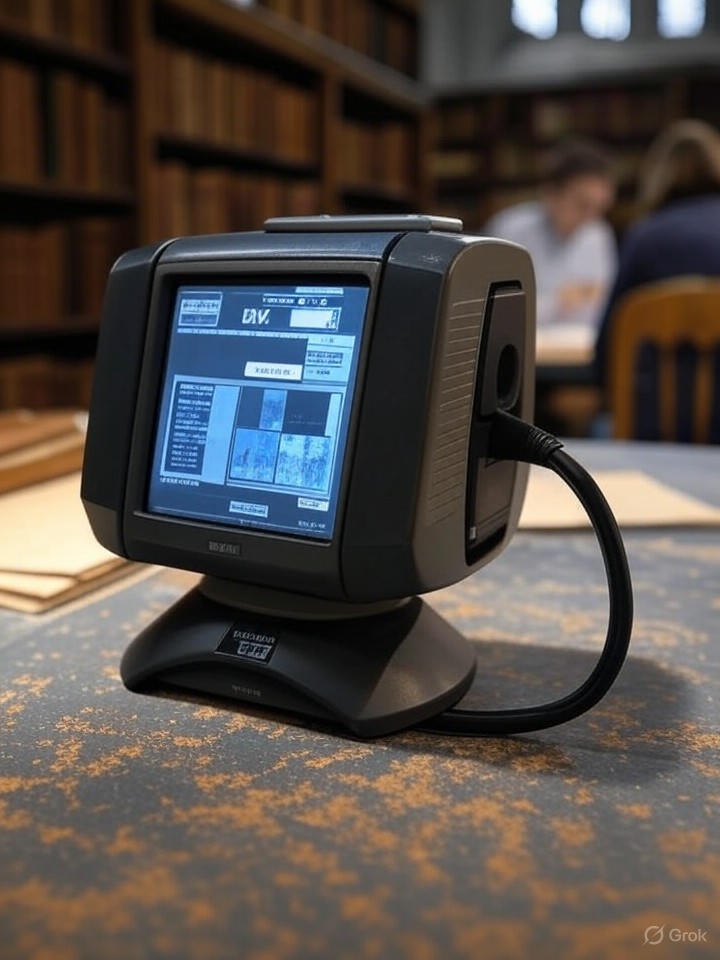On October 9, 2023, the Festival of Floppies took place at the Cambridge University Library, revitalizing interest in obsolete floppy disks. This gathering, part of the Future Nostalgia project, united archivists, retro-computing enthusiasts, and conservation experts to address the pressing issue of digital obsolescence. The event aimed to preserve the fragile legacy of floppy disks, which were once dominant in personal computing during the 1980s and 1990s.
Attendees engaged in hands-on workshops, learning to image floppy disks using specialized tools, notably the KryoFlux device. This technology captures raw magnetic flux data to safeguard not only the files themselves but also the disks’ structural integrity. The urgency behind such efforts is underscored by the fact that these disks, now susceptible to degradation from mold, dust, and magnetic decay, contain irreplaceable cultural artifacts, including personal letters and early digital art.
Reviving Forgotten Bytes: Collaboration in Preservation
Collaboration was central to the festival, attracting participants from various sectors, including libraries, archives, and gaming communities. Speakers offered insights on topics ranging from ethical considerations in data recovery to innovative cleaning techniques for contaminated disks. One notable presentation focused on the challenges posed by non-standard formats, where experts illustrated how retro-computing enthusiasts’ trial-and-error methods have become invaluable to professional archivists.
The day also featured practical sessions on disk imaging workflows, emphasizing the need for standardized best practices in preservation. According to a post on the Digital Preservation at Cambridge University Libraries blog, the event fostered a sense of community. Attendees exchanged stories of their own “disk disasters” and successful recoveries, including data recovered from seemingly ruined media. This cross-pollination of knowledge is vital, especially as floppy disks often enter collections from retirees or estates, potentially containing historical gems like the documents of Stephen Hawking.
Technical Innovations and Lessons Learned
Technical demonstrations showcased advanced tools that exceed the capabilities of basic USB drives, highlighting why consumer-grade readers are inadequate for preservation purposes. The KryoFlux, for instance, enables bit-level imaging, producing precise digital replicas suitable for analysis and migration to modern formats. Participants also explored software like the HxC Floppy Emulator, which helps emulate old hardware environments to access locked files.
Discussions extended to the broader implications for digital heritage, including the environmental considerations of maintaining physical media versus transitioning to cloud storage solutions. The festival celebrated floppy disks not merely as artifacts but as gateways to personal and cultural histories, with artistic installations reflecting the era’s pixelated aesthetics.
Looking forward, the Festival of Floppies serves as a model for similar initiatives worldwide, addressing concerns about a potential “digital dark age.” By documenting workflows and sharing resources, Cambridge aims to empower smaller institutions that may lack specialized equipment. Talboom’s account in the blog highlights successful imaging of disks from the library’s collections, which included unpublished manuscripts and early software prototypes.
The event’s legacy also advocates for increased funding and training in digital preservation, ensuring that today’s data does not succumb to tomorrow’s obsolescence. As floppy disks fade into the background, the knowledge and techniques acquired at this festival—merging nostalgia with cutting-edge technology—offer a blueprint for safeguarding our evolving digital heritage. This reminder serves to reinforce the idea that preservation is as much about innovation as it is about remembering the past.







